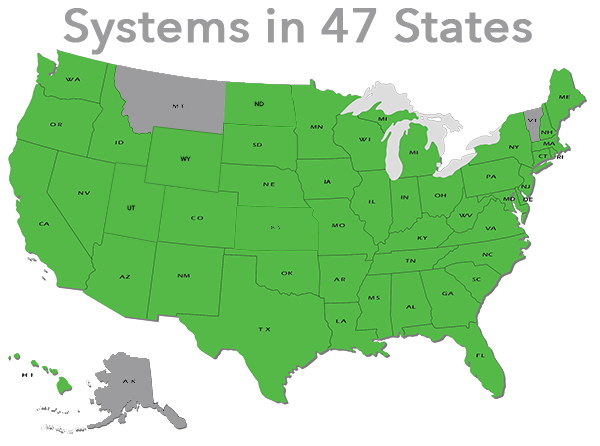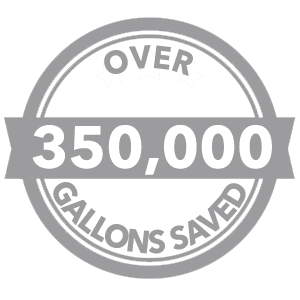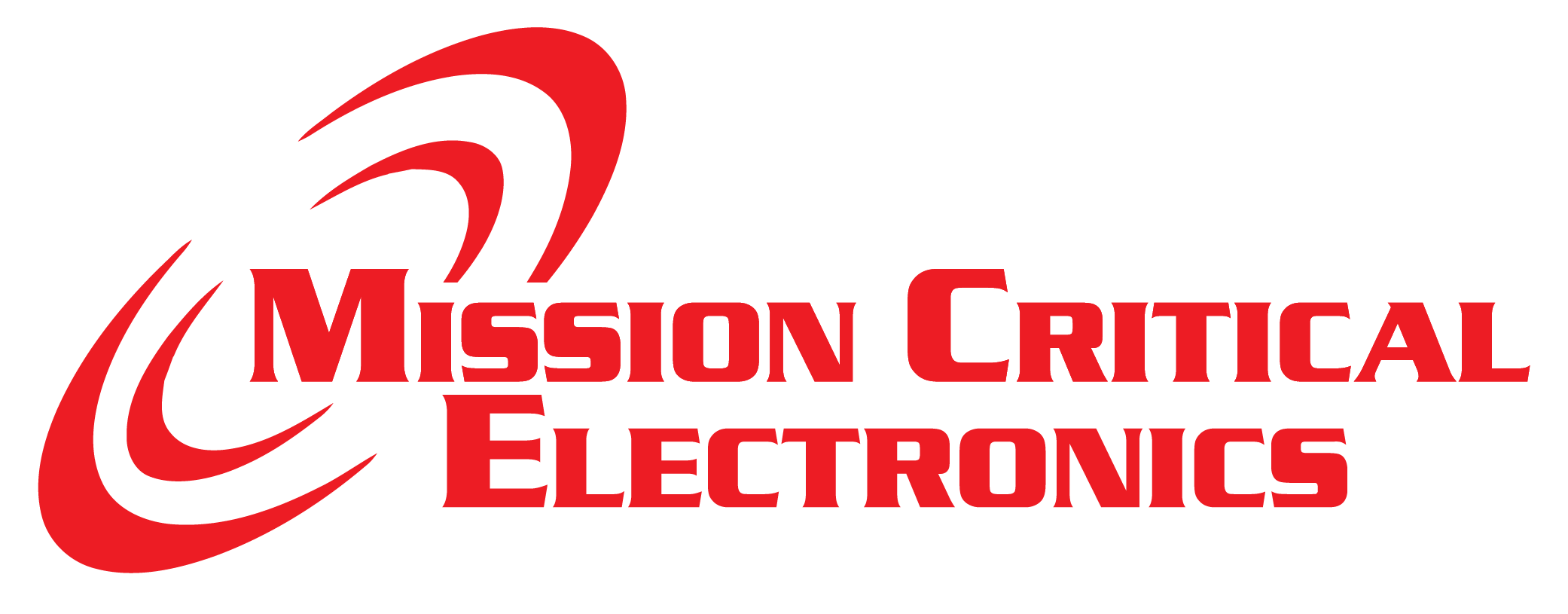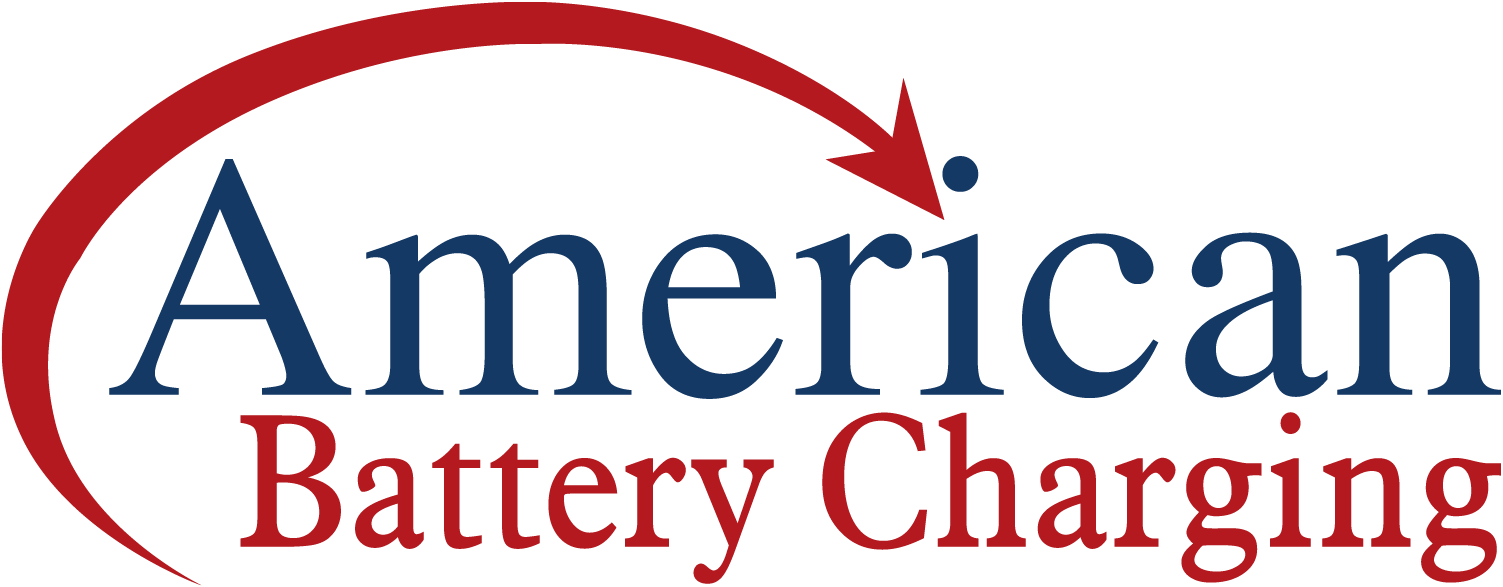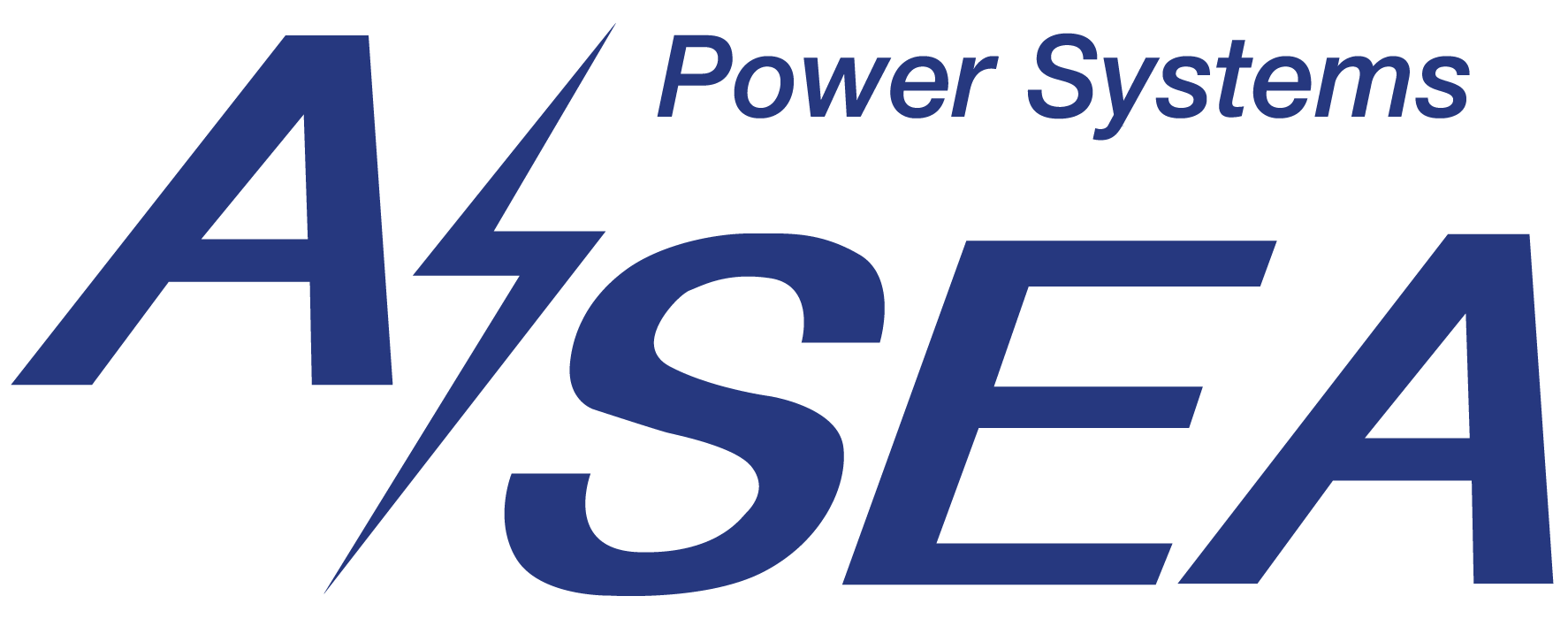U.S.-Norway Conference Focuses on Advancing Carbon Capture and Storage
The U.S. and Norway have a strong relationship that goes back nearly 100 years. We’ve been partners in a number of critical areas – from defense to the development of safe and secure energy sources. And our relationship is particularly strong when it comes to fossil energy.
That close collaboration was recently on display during the 10th annual U.S.-Norway Bilateral Meeting on Fossil Energy, held in Bergen, Norway. Hosted by Norway’s Ministry of Petroleum and Energy, the meeting focused on carbon capture and storage (CCS) – the process of capturing and storing or re-using carbon dioxide (CO2) from coal-fired power plants and industrial sources. CCS is an important part of the president’s plan to address climate change and secure America’s energy future.
The Office of Fossil Energy’s (FE) Jarad Daniels, Richard Lynch, Mark Ackiewicz, Regis Conrad, John Litynski, and Eric Smistad represented the Department of Energy during the three days of meetings and workshops.
The goal of this year’s bilateral conference was to share information and lessons-learned to leverage each other’s investments in CCS. Participants also discussed ways to educate the public and other stakeholders on the economic and social benefits of deploying CCS technologies.
One of the highlights of the conference was a tour of the CO2 Technology Centre Mongstad project – the world’s largest facility for testing and improving CO2 capture. Located just north of Bergen, this project includes a facility to test two kinds of advanced CO2 capture technologies on two different sources of carbon dioxide in the same location. The goal of the project is to reduce the cost, as well as the technical, environmental, and financial risks related to large-scale CO2 capture – critical hurdles to commercial deployment of CCS.
The tour of the Mongstad project followed on earlier tours by Norwegian delegates of three DOE-supported CCS demonstration facilities in the U.S. – the Air Products CO2 Capture Project in Port Arthur, Texas; the Kemper County Energy Facility north of Meridian, Mississippi; and the Plant Barry CCS Project near Mobile, Alabama.
The idea behind these reciprocal project tours is to help U.S. and Norwegian researchers better understand how their similar projects are designed, built, and operated. This knowledge-sharing is critical to the development of CCS technologies that can be widely deployed at commercial scale.
Future U.S. – Norway bilateral meetings will focus on the development of joint funding mechanisms for the longer term, as well as crosscutting research workshops on CO2 storage to be co-hosted by FE’s National Energy Technology Laboratory and the Norwegian Research Council.
The U.S. will host the next meeting in mid-2015. In the meantime, researchers on both sides of the Atlantic will continue to work together to share valuable information and lessons-learned on CCS technology – the kind of international collaboration that will help us deploy commercial CCS around the world.




